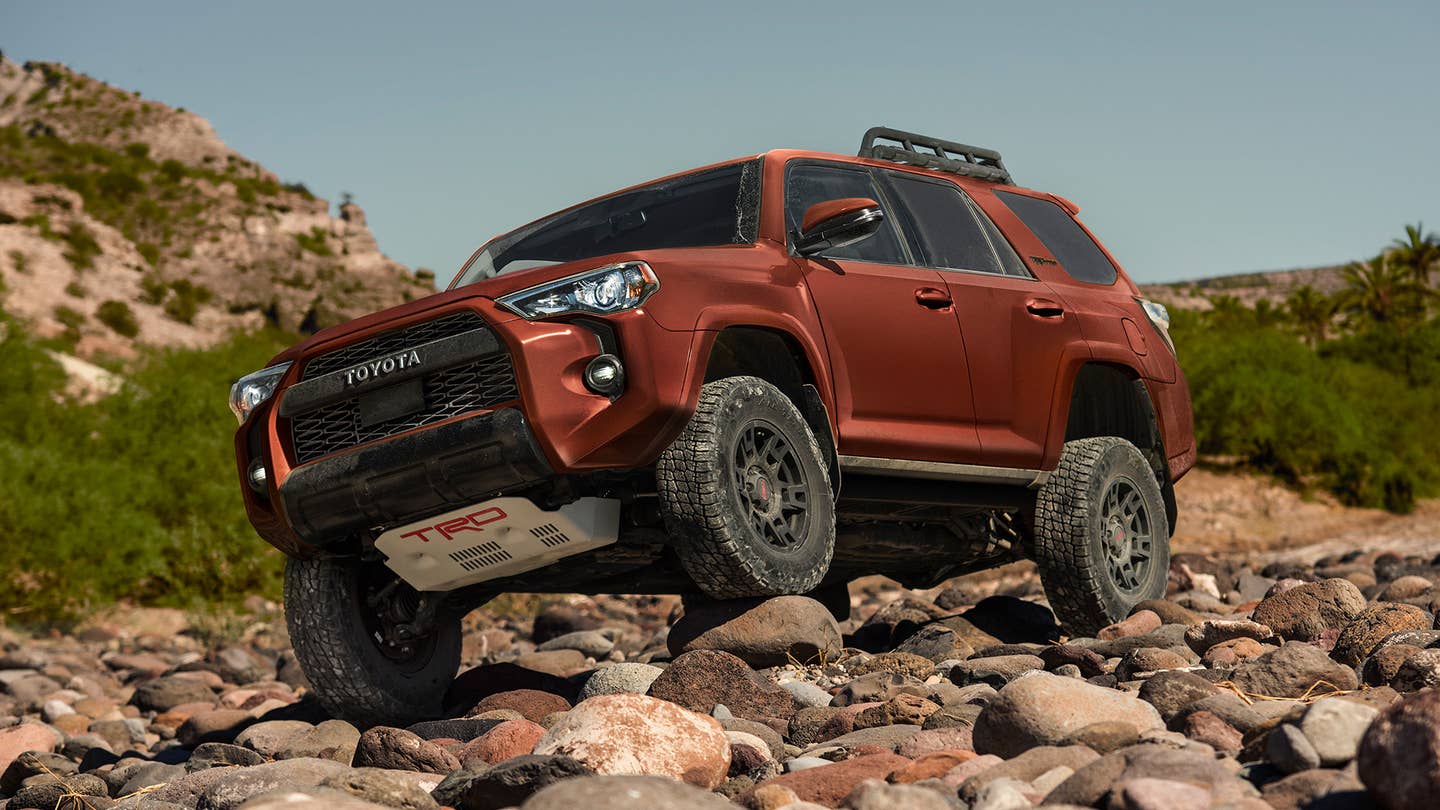It was a heck of a run but with the Toyota 4Runner swapping to an eight-speed auto in 2025, the five-speed is done.

Some automotive innovations, as clever as they are, have no staying power. Remember when they tried putting vinyl record players in cars? No? Exactly. But others just click immediately and stick around for years—even decades. Such was the case with the five-speed automatic, which enjoyed a 33-year run before finally dying off with the outgoing Toyota 4Runner.
The E32 BMW 7 Series was a trendsetter with its five-speed auto. BMW
The first five-speed automatic transmission was built by ZF for the 1991 BMW 7 Series, known by diehards as the E32 after its chassis code. It was a big deal at the time as almost everything had three- and four-speed gearboxes, both manual and automatic. Others piled on before long and five-speeds became the de facto choice. As automotive development advanced, though, the number of transmission speeds grew.
Looking back, the five-speed automatic was one of the most popular configurations ever. Domestics and imports alike had ’em, whether they be heavy-duty pickups or gas-sipping economy cars. The Ford Super Duty had one until 2011, and the Honda Civic utilized a five-speed for years until it switched to a CVT automatic in 2014. All that shows this transmission style has been dying out for a while now, though the 4Runner kept it going well into the current decade.
I wonder if someday we’ll look at today’s transmissions the same way. None of the mainstream car companies offer one with more than 10 speeds right now, but that’s not to say we’ll never see a 13-speed or something out of left field, as automakers seek to make internal combustion vehicles more efficient. Time is running out on that given the industry-wide transition to EVs, and so many of those are direct drive or feature only a two-speed gearbox.
Either way, the sun is setting on the five-speed automatic. It served us well. Now it’s time to cross that rainbow bridge, buddy.
Got a tip or question for the author? Contact them directly: caleb@thedrive.com


